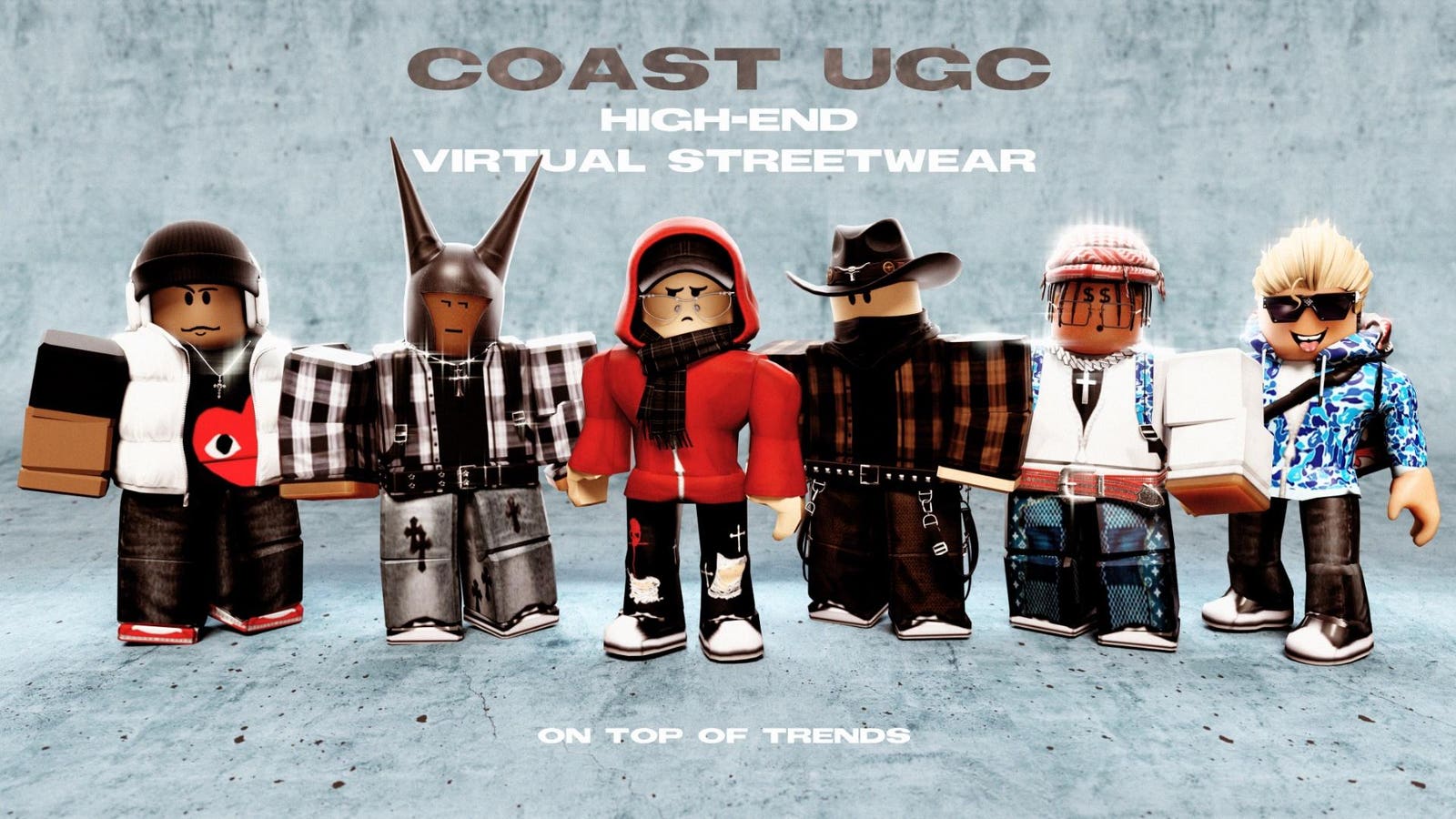Daniel Kushner, CEO and Co-Founder of Oktopost.
B2B marketers constantly reinvent their strategies to capture attention and engage their audience. To do that, they must take risks, challenge old methods and embrace new ideas. Sticking to outdated practices can turn away both potential customers and employees who expect more.
As we enter 2025, B2B marketing leaders need to rethink their approach to meet the expectations of today’s audiences—people who expect authentic, personalized and engaging content. As Steve Lucas, CEO of Boomi, wisely put it in the foreword to my book The Social B2B Organization: “The same individuals who engage with brands on social media in their personal lives are the decision-makers in boardrooms.”
Young professionals, particularly Gen-Z (who now represent nearly a third of all U.S.-based B2B platform users), are driving this shift. They want to connect with brands that align with their values and demonstrate a genuine commitment to solving real-world problems. As a result, B2B marketers must adapt to stay relevant and competitive.
To succeed in 2025, B2B marketing will require agility, technological innovation and authentic engagement strategies.
The Power Of Authentic Engagement
Today’s audiences are looking for authenticity. They’re tired of corporate jargon and glossy ads. Instead, they want human-centered content that showcases a brand’s true values. Businesses that can deliver transparent messaging are more likely to build long-term trust and loyalty with their customers.
However, despite this demand for genuine content, a recent Gartner report found that 68% of people feel brands fail to share relevant or interesting content on social media. So how can brands break through the noise?
Employee advocacy programs are one of the most effective and impactful ways to humanize a brand. By encouraging employees to share personal stories, insights and milestones, companies build authenticity, foster trust and extend their reach in a way that traditional marketing can’t. Posts shared by employees can reach up to 561% more people than those shared by brand pages alone. That’s a huge opportunity to amplify your messaging authentically.
Employee-driven social selling boosts visibility and directly impacts revenue. Research shows that 78% of salespeople who engage in social selling create 45% more sales opportunities than those who don’t.
To harness the power of employee advocacy, leaders must first embrace its value and actively participate. Then they must equip their teams with tools that make it easy for them to share their experiences and build relationships that increase visibility.
Using AI To Personalize Marketing
Artificial intelligence is revolutionizing B2B marketing. AI tools help businesses deliver highly personalized content, precisely segment audiences and optimize real-time campaigns.
AI-driven analytics can predict customer behavior and suggest the most relevant content for each buyer persona. This means more targeted whitepapers, webinars and other materials—only to those who will find them valuable.
Personalization is no longer optional. A survey revealed that 71% of customers now expect brands to personalize interactions, and 76% feel frustrated if it doesn’t happen, highlighting the need for automated audience segmentation tools to ensure outreach messages land where they are meant to.
On the operational side, AI saves time and improves efficiency. Tasks like scheduling posts, generating reports and analyzing data can now be automated, allowing teams to focus on strategy and creative content. AI is no longer just a tool; it’s a partner in content creation, helping marketers from idea generation to copywriting. Beyond being a time saver, AI is a collaborator in the content creation process—generative AI can uniquely contribute to everything from idea drafting to copywriting and messaging refinement.
These capabilities have made AI indispensable for B2B marketers. By integrating AI tools into their workflows, businesses can elevate the relevance and effectiveness of their marketing campaigns.
The Importance Of Strategic Agility
The ability to remain agile and respond to changes in audience behavior, platform algorithms, industry developments and new industry regulations can differentiate between leading and lagging in the market.
Leveraging online social listening tools to monitor trends proactively helps B2B marketers track audience sentiment, hot topics and real-time conversations across platforms. Social listening has become essential for businesses, empowering CEOs to take a more agile, market-driven approach to brand measurement by tapping into publicly available data—complementing or even replacing traditional surveys—to understand consumer perceptions, mitigate reputational risks and uncover new trends, brand associations and untapped market opportunities.
Consider the recent short-form video boom with content on platforms like Instagram taking the world by storm. Though these platforms started as primarily B2C-centric, B2B marketers are now leveraging these tools to reach new, broader audiences with content that aligns with the fast, engaging and visually driven way they are now accustomed to consuming information.
This ability to proactively shift between new content and platform types enables marketers to engage with untapped audiences before those channels become oversaturated by competition. Companies that adopt agile marketing strategies and equip teams with tools that support real-time insights report higher engagement and adaptability, with 96% of marketers reporting that an agile approach is key to helping achieve primary marketing goals.
The Journey Of Taking B2B Marketing To Market
B2B marketing is evolving quickly. In 2025, success will depend on a brand’s ability to deliver authentic engagement, use AI to personalize marketing and remain agile in response to shifts in trends and technology.
To stay ahead of the competition, leaders must invest in the right tools and practices that help them make genuine connections, reach the right audiences and react quickly to changes in the market. By doing so, they can drive growth, build trust and position their organizations as industry leaders.
In a world dominated by technology, human voices and authentic messages will truly make a difference, and their impact has never been more critical.
Forbes Technology Council is an invitation-only community for world-class CIOs, CTOs and technology executives. Do I qualify?








